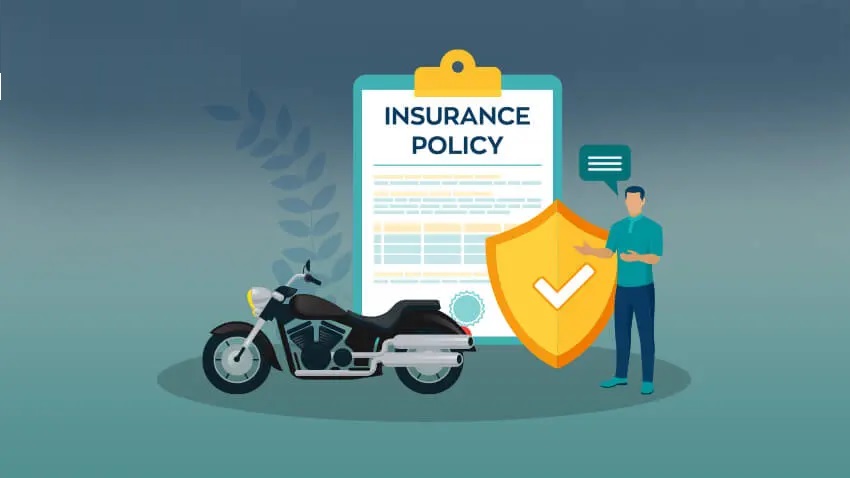In insurance for a two-wheeler, you and the insurance provider agree that the cost of repairing your bike should it be damaged by a natural catastrophe or the insurance provider will cover another man-made disaster.
Both personal and business bikes are eligible for two-wheeler insurance; you can choose the right motorbike policy based on your needs. In India, there are two types of bike insurance:
- Third-party liability insurance
- Comprehensive two-wheeler insurance
Why is two-wheeler insurance important?
In India, it is forbidden to operate a two-wheeler without a valid insurance policy. A valid insurance policy will cover both the rider and the pillion passenger. Additionally, it will assist in protecting against potential accident-related damages.
Therefore, having two-wheeler insurance is crucial as it can shield you from several inconveniences and provide the following advantages:
- Lessen your financial burden – If your automobile is stolen or destroyed, your insurance provider will take care of the replacement and repair costs, so you won’t have to. You can use a two-wheeler insurance premium calculator to calculate the estimated costs of your premium.
- You will be legally protected – A copy of your insurance policy should always be on hand. You will benefit from this in the event that you have a little mishap. Additionally, each time you use the car, you must keep a copy of your active insurance.
- You will be qualified for personal accident cover – This cover will pay out a lump sum in the event that an accident leaves you permanently disabled. Your nominee will get the money in the terrible event that the accident results in an untimely passing away.
What does a two-wheeler insurance policy add-on cover mean?
The majority of consumers get comprehensive plans for their two-wheelers because they are safer and offer better risk coverage. There are a few add-ons you can buy even if you get comprehensive two-wheeler insurance coverage, though. The following are some of the top add-on coverage you should think about purchasing for the two-wheeler insurance policy:
- Zero depreciation – If you add a zero-depreciation language to your insurance policy, the insurance provider will cover the full cost of the parts repair and replacement. However, if you don’t add the zero depreciation cover, the insurance provider will only pay the depreciated value of the parts, leaving the insured responsible for the balance. *
- Roadside Assistance: Roadside assistance should always be included in your policy because two-wheelers are machinery, too and could break down at any time. It is, therefore, best to add roadside assistance coverage to your policy to minimise the inconveniences of your two-wheeler breaking down at odd times. This will guarantee that you can contact the insurance provider at any time to receive assistance. *
- Engine protection cover – This cover safeguards the engine from harm caused by mechanical problems, natural disasters, or oil leaks. *
- No Claim Bonus – NCB or No Claim Bonus is a reward you receive for not filing a claim during the policy year; it is not insurance. It is a perk that insurance companies give to customers when their policies are renewed for the prior policy year. *
These are the critical add-ons that you must keep along with your two-wheeler policy to ride your dear bike without any stress. It is essential to add coverage to your insurance for two wheeler policy to ensure full protection against any financial losses that may occur due to unforeseen circumstances. Some of the key covers that should be included in your policy include third-party liability insurance, personal accident cover, theft protection, and damage protection. With the right coverage in place, you can have peace of mind knowing that you and your two-wheeler are fully protected.
* Standard T&C Apply
Insurance is the subject matter of solicitation. For more details on benefits, exclusions, limitations, terms, and conditions, please read the sales brochure/policy wording carefully before concluding a sale.




